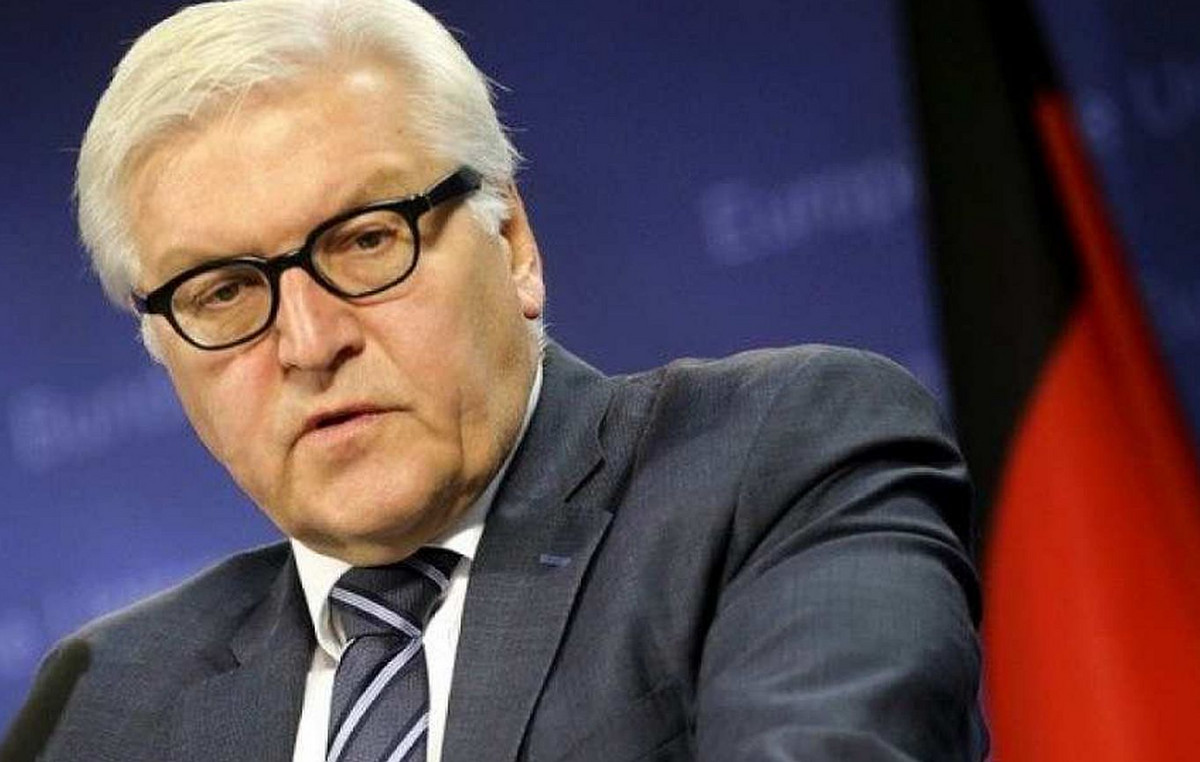One of the many buzzwords floating around in Davos this week is “fragmentation,” the force that economists have warned could have “devastating human consequences.”
By “fragmentation” they are referring to a collapse of the kind of free, cross-border trade and investment that has defined the global economic order over the past three decades.
It is a form of deglobalization – rebuilding fences around national or regional fiefdoms.
“Fragmentation is the sense that we can have economies protecting themselves a little more internally, and that can slow things down,” Josh Lipsky, director of the Atlantic Council’s Center for GeoEconomics, told me.
“And then it can make things more expensive in return.”
It’s not a new issue, of course — the supply chain turmoil was fueled by the onset of the pandemic more than two years ago — but the war in Ukraine, growing political divisions and lingering trade disputes are renewing concerns about a return to an era of isolation.
“The choices of companies and governments are expected to lead to greater fragmentation in the global economy and unprecedented shifts in supply chains, creating a perfect storm of volatility and uncertainty,” wrote a group of chief economists consulted by the World Economic Forum. .
“These patterns are expected to create more trade-offs and difficult choices for policymakers and — without greater coordination — shocking human costs.”
Before the Davos crowd had a chance to have their first happy hour of the week, the world got a glimpse of micro-frags happening in real-time:
- Chinese ride-hailing giant Didi, reducing its once-grand global ambitions, has officially delisted from the NYSE;
- Starbucks pulled out of Russia after McDonald’s last week, continuing the mass corporate exodus over the war in Ukraine;
- Russia’s foreign minister said the West had taken a “dictator’s position” and that Moscow must strengthen ties with China;
- Airbnb said it would withdraw all of its listings in China, citing “expensive and complex” operating restrictions linked to Covid-19 lockdowns;
- Malaysia has decided to restrict chicken exports to its neighbors, saying “the government’s priority is our own people”.
Economists are understandably concerned about a retreat to polarized East-West models of trade and production.
The US infant formula shortage is a public health crisis that illustrates the danger of relying too heavily on domestic production for essential goods.
And while globalization has its downsides, it has tripled the size of the global economy and lifted 1.3 billion people out of extreme poverty, according to the International Monetary Fund.
Huawei, the Chinese telecoms giant, is another notable example of how political polarities have contributed to fragmentation, says Xiaomeng Lu, director of geotechnologies at the Eurasia Group.
“There is definitely a trust issue for companies in China and the US… You can also see Microsoft slowly decreasing its practice in China.”
Take a step back: Fragmentation is not just about trade. It’s also about finance and the supremacy of the US dollar.
“Given the punitive measures the West has taken against Russia, there is serious talk in some economies, including China, about reducing dependence on the dollar,” Lipsky said.
The West has become accustomed to the dollar’s dominance, and investors should be aware that a shift is afoot.
The dollar still makes the world go round, on networks like SWIFT that are controlled by the West, but digital currencies could eventually offer an alternative.
To be clear: it won’t happen overnight.
“These supply chains were built over 30 years, so you just can’t move them to another country,” says Lipsky. “Go back to Davos in 10 years and see how different the global economic system is. This does not mean that there is no desire to change, but actually doing so is much more complicated.”
Source: CNN Brasil
I am Sophia william, author of World Stock Market. I have a degree in journalism from the University of Missouri and I have worked as a reporter for several news websites. I have a passion for writing and informing people about the latest news and events happening in the world. I strive to be accurate and unbiased in my reporting, and I hope to provide readers with valuable information that they can use to make informed decisions.







